Respect for Marriage Act
January 19, 2023
Imagine you get legally married in one state and decide to move to another with your partner, but to your surprise, your marriage isn’t recognized there. Because of this, you cannot receive the benefits married couples would in other states. That was the reality of many same-sex couples in America, but not anymore. On December 13th, 2022 the Respect for Marriage Act was signed into law by president Joe Biden. The Act repealed DOMA, also known as the Defence of Marriage Act. This Act is a small step in progress to bring equality to the LGBTQ+ community, but what exactly is it?
What is the purpose?
The Respect for Marriage Act is a step toward equality for same-sex couples. The Act overturned the Defense of Marriage Act, which specified that marriage was between one man and one woman. As well as not requiring states to recognize same-sex marriages that were performed in states where it is legally recognized. Overturning DOMA ensured that same-sex couples that have been married will be recognized and respected throughout all of America. Although, the Act does not nationally require states to provide same-sex couples with marriage licenses. The Act was quite controversial, and at first, didn’t really have much republican support. After revising the bill on November 29th, the bill eventually passed the senate (yea-nay 224 – 164) with republican support after it was amended to not require non-profit religious organizations to help perform same-sex marriages. Support was needed all around, as the bill was seen as urgent. In a quote from npr.org, the author states;
Justice Clarence Thomas specifically called for the Court to reconsider Obergefell [Obergefell vs Hodges, legalized same-sex marriage in 2015] in his concurring Dobbs [Dobbs vs Jacksons Women’s Health Organization, determined abortion was not a constitutional right in 2022] opinion because it rested in part on the same legal basis as Roe — substantive due process, which restricts government infringement upon fundamental individual rights even if they are unenumerated, such as birth control and interracial marriage.
After the draft leaked that exposed the Supreme Courts’ plan to overturn Roe v Wade, it was believed that same-sex marriage was the next target. And when the supreme court succeeded in overturning Roe, the public wanted protection for same-sex marriage to ensure its safety. This is likely what caused Justice Clarence Thomas to call for this.
The Respect for Marriage Act is only a small step toward change, even so, it’s nowhere near enough according to many. The RFMA did a lot to protect the families of same-sex couples. It made a huge advance in allowing same-sex couples to feel more secure. Jon Davidson, a co-counsel on Obergefell, said the law “[is an] important advance… [that will] make a lot of same-sex couples and their families feel more secure.” The legality of their marriage may be safe for now, but the act does not acknowledge the ongoing violence and wave of anti-LGBTQ+ bills flooding into the courts. According to NBC News, more than 670 anti-LGBTQ+ bills have been filed since 2018. A majority of them target transgender individuals. Few of these bills are successful, but enough get through to do harm. Some examples of bills that became laws are the Floridas HB 1557 “Don’t say gay” law and Ababamas SB 184 and HB 322. These laws range from banning talk of LGBTQ+ people’s existence in the classroom to restricting and outright banning gender-affirming care for trans minors. With the lack of acknowledgment of these attacks on the rights of LGBTQ+, many are upset that not more is being done.
Not only is violence against the LGBTQ+ community prevalent in politics, but it’s also seen on the streets. According to the FBIS Crime Data Explorer (CDE), 7151 hate crimes against LGBTQ-identifying people have been documented between 2016-2021. This number does not account for undocumented/reported incidents which could be much higher. These reported crimes range from harassment to mass shootings. With attacks like the Colorado Springs Shooting, it’s clear that much more needs to be done to aid in the protection of the community. Many voices from within the community are asking for change. Keana Butterfield, a senior at SPASH, when asked if she believed more needs to be don’t to protect LGBTQ+ people, she answered “Yes, there needs to be more laws against hate crimes. There can just be more done to help fix things.” Members of the community feel unsafe and call for the attention of lawmakers to make efforts for change and enact protections that help prevent future attacks. But even when voices call for change, not much is heard, this goes to show how little is being done to prevent these crimes from happening, and even less when it comes to justice for victims of these crimes. 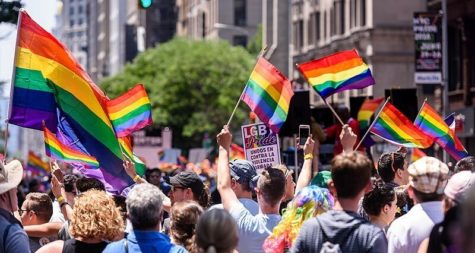
Plans for the future.
With more and more anti-LGBTQ+ bills being introduced every year, politicians must fight them, not only by striking these bills down and by introducing new ones that positively affect LGBTQ+ citizens. The RFMA is only the start to protecting the civil rights of LGBTQ+ citizens. But, it simply isn’t enough. The Respect for Marriage act would be a great kickoff to presenting new bills to add protections to civil rights. With the unexpected support it gained, it’s likely more bills that protect the LGBTQ+ community also can gain support. A great example of this is the Equality Act. The Equality Act is an amendment to the Civil Rights Act of 1964, prohibiting discrimination based on sex, sexual orientation, and gender identity. The Equality act, if passed, would likely become a gateway to help make it easier to pass more bills to protect the community. Compared to the hundreds of anti-LGBTQ bills, there are very few pro-LGBTQ+ bills introduced. It’s very hard to find any bill that has been introduced that protects or gives LGBTQ+ citizens the same rights as everyone else. That’s why it should be a priority to create them. Right-wing politicians have made it clear that it’s a priority to limit the rights of LGBTQ citizens, specifically trans youth. Politicians in support of the community should show equal effort to protect it and ensure its safety.
The respect for marriage act is a great start to protecting the civil rights of LGBTQ+ citizens. But right now, more is needed. The community is under constant attack of hateful attacks and legislation in an effort to limit the rights and abilities of LGBTQ+ people. Politicians need to step up and keep their promises to protect and grant equal rights to LGBTQ+ citizens before more harm is done. Everyone deserves to love equally, no matter how they identify.




















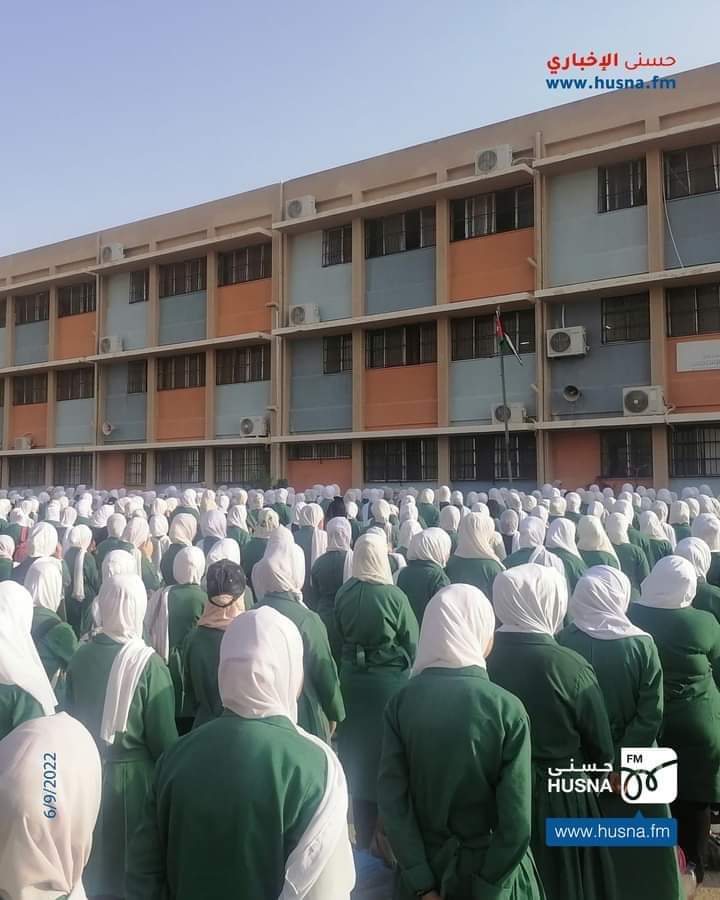





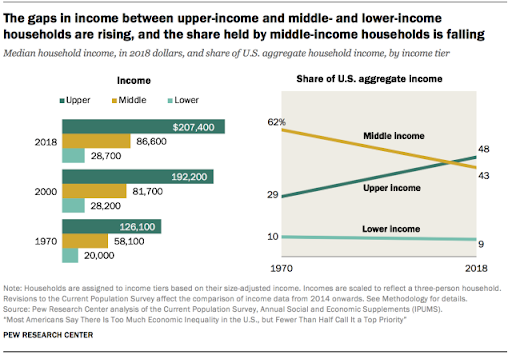
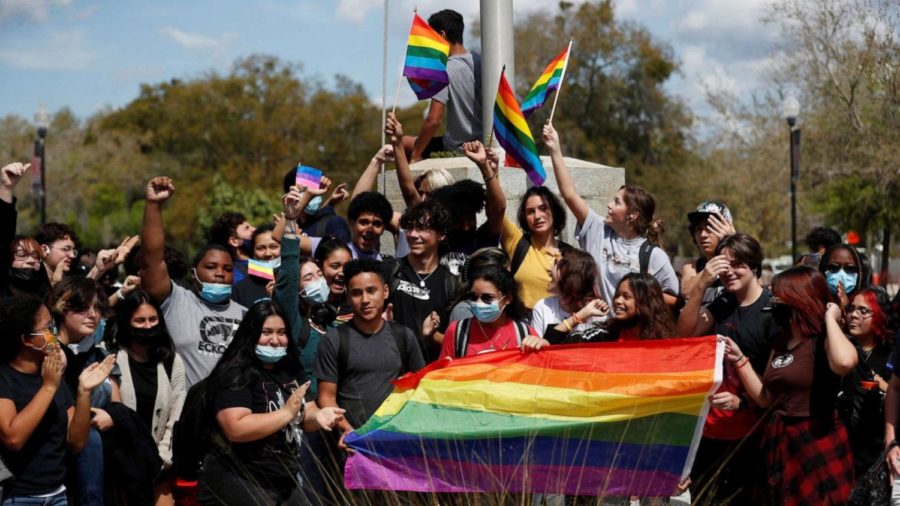











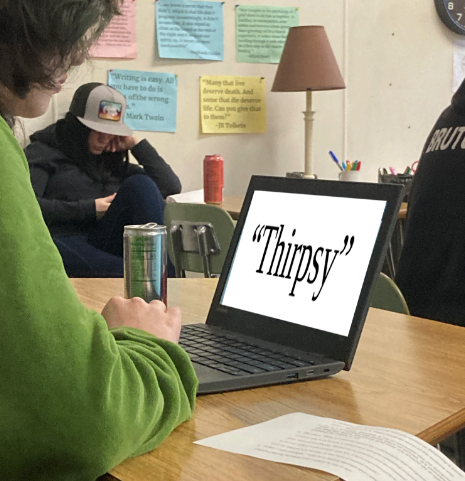















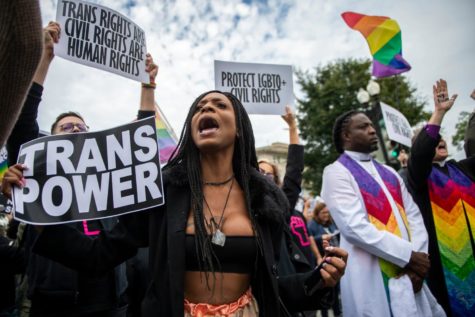




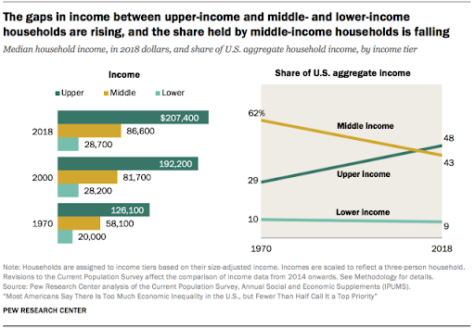
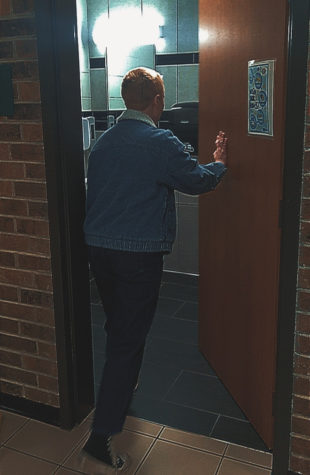
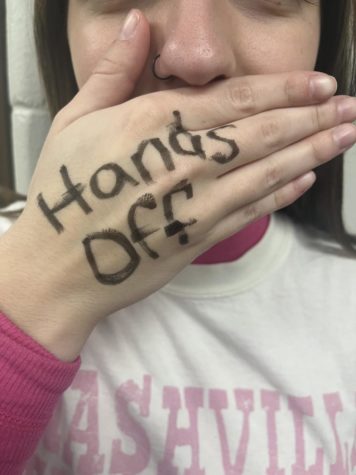
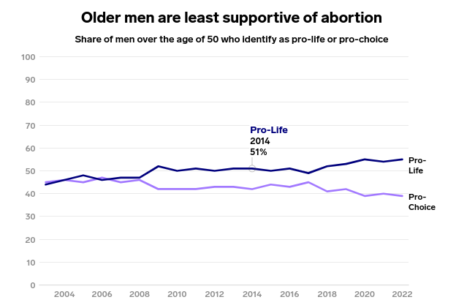
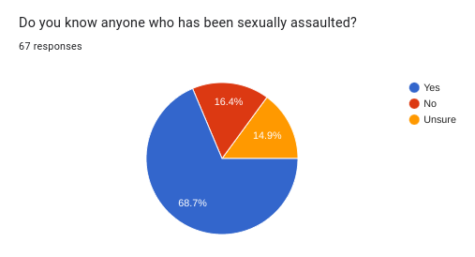

Rosabelle Thor • Jan 19, 2023 at 10:26 PM
Autumn, I agree with everything you said, especially when you talked about how there are still anti-LGBTQ+ bills trying to be passed. It’s disheartening to see the lack of empathy from people who are just trying to live their lives. Great article!
adviser • Jan 19, 2023 at 1:43 PM
Autumn, this topic really didn’t receive a ton of media attention, so I’m really glad you took the time to write about it. I’m also impressed by your quoting technique and your deep analyses. Way to go!